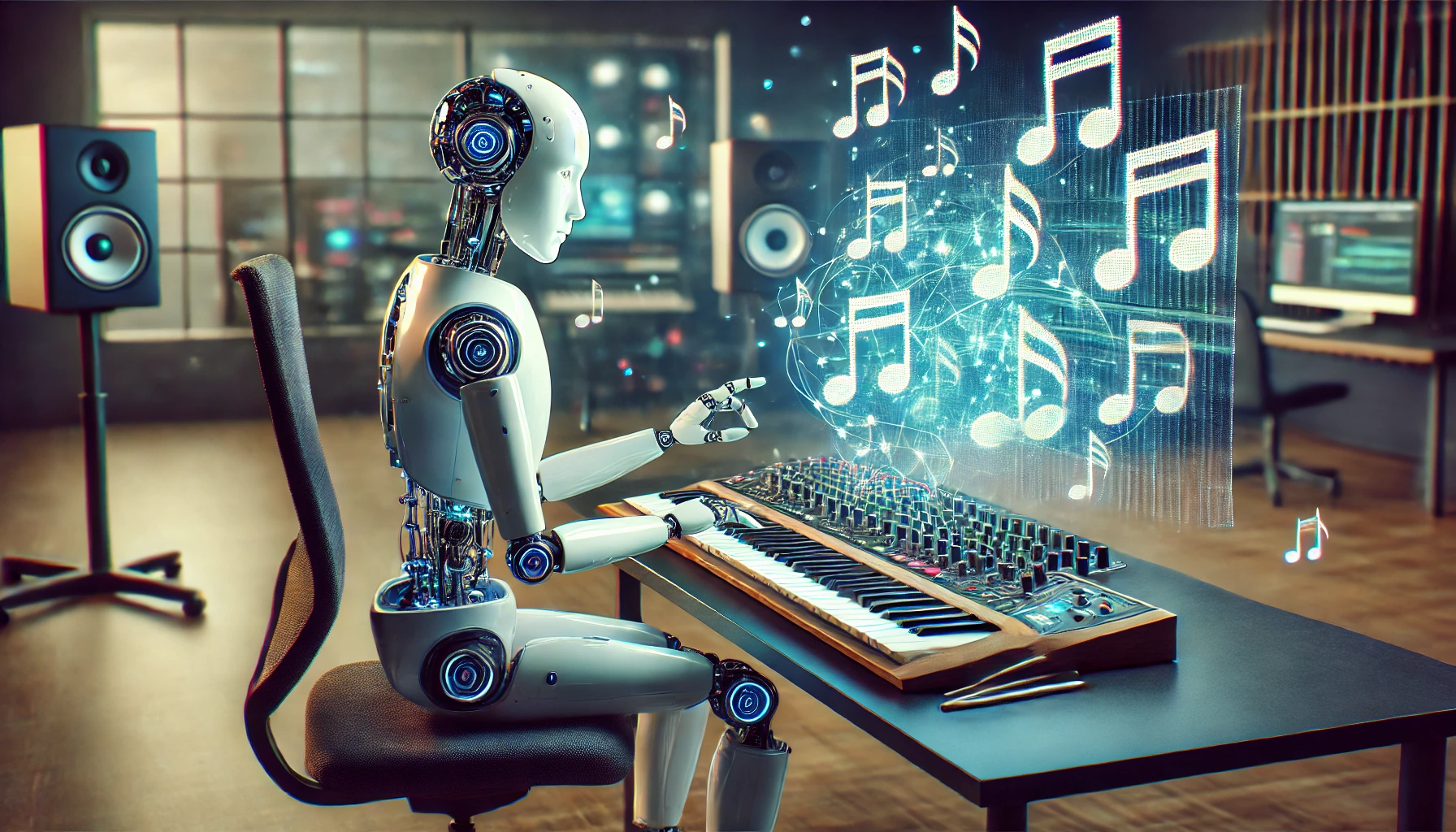The rapid development of artificial intelligence (AI) has revolutionized music production. AI systems can autonomously compose music pieces, offering creative possibilities but also raising legal questions. In particular, copyright law faces new challenges as traditional concepts of authorship and originality are re-evaluated.
How Does AI Create Music?
AI systems are trained on vast amounts of music data to recognize patterns and structures. Through machine learning, they can independently generate new compositions stylistically aligned with the training data. This process raises the question of whether the resulting works qualify as original creations or merely replicate existing music.
Is AI-Generated Music “Stolen”?
Since AI systems rely on existing works, concerns arise that new compositions might inadvertently incorporate elements of copyrighted music. If an AI is trained on copyrighted music without obtaining appropriate licenses, it can lead to legal issues. Using such works without proper licensing may constitute copyright infringement. (anwalt.de)
Can AI-Generated Songs Be Protected and Published?
The question of whether AI-generated works can be protected by copyright is controversial. German copyright law requires that a work is considered protectable only if it represents a personal intellectual creation of the author. Since AI works are not created by humans, it is challenging to bring them under copyright protection. (boardofmusic.de)
Pros and Cons of AI-Generated Music
Pros:
- Creative Diversity: AI can produce new music styles and combinations that human composers might not consider.
- Efficiency: Music production can be accelerated, which is particularly advantageous in the film and advertising industries.
- Accessibility: Even individuals without a musical background can create compositions with AI support.
Cons:
- Copyright Infringements: Without careful oversight, AI-generated works may unintentionally copy existing compositions and violate copyrights.
- Creative Value: There are concerns that AI-generated music devalues the creative process and may displace human artists.
- Legal Uncertainty: Current legislation often lacks specific guidelines for addressing the challenges posed by AI-generated works, leading to uncertainties.
AI-generated music offers fascinating possibilities but also significant legal and ethical challenges. Clear guidelines and laws must be developed to protect the rights of original artists while fostering innovation in the field of AI music.
Sources:
- (anwalt.de)
- (boardofmusic.de)
- (gema.de)
- (ibp-kanzlei.de)
- (soundful.com)
- (dr-spaeth.com)
- (musicaustria.at)
- (ronaldkah.de)
- (golem.de)
- (ki-company.ai)

